Education as the First Step to Recovery: How Communities Identify Their Reconstruction Needs
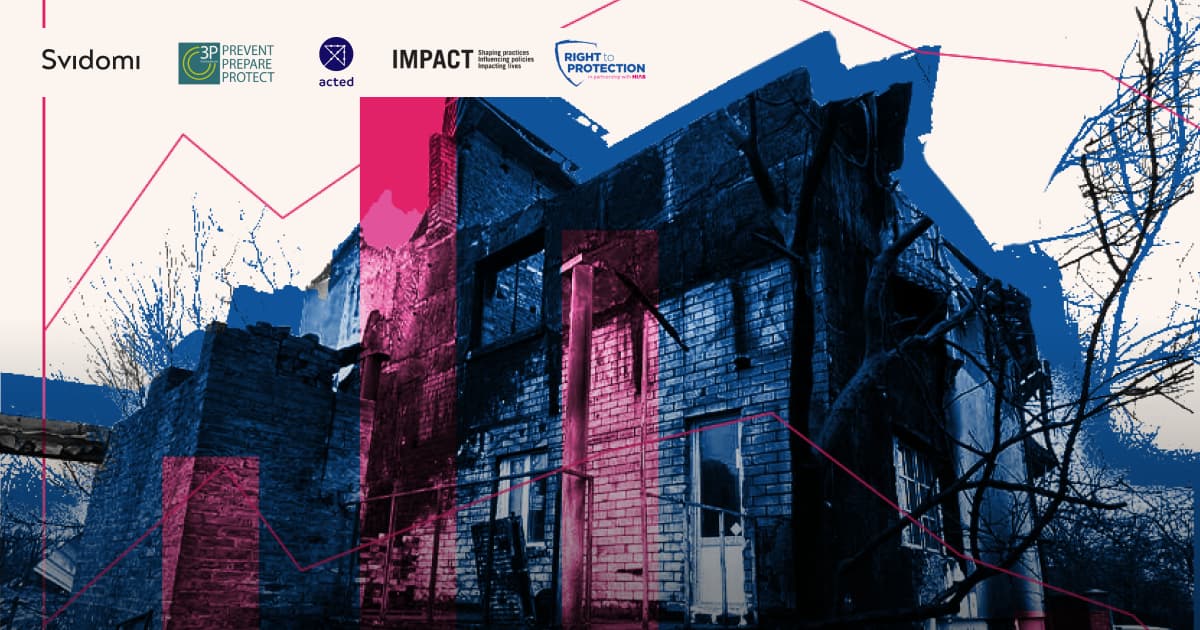
Russia's war against Ukraine has disrupted many aspects of community life. Infrastructure, people-to-people links, logistics and business needs are among the critical areas that need to be restored. Reconstruction in a time of war poses significant challenges for local authorities and residents. Before reconstruction begins, it is crucial to educate all population groups — authorities, residents and businesses — so that they have a clear understanding of their needs and how to address them.
Education provides essential knowledge on how to carry out effective reconstruction, especially in wartime conditions where resources are limited and risks remain high. This approach ensures the sustainability and efficiency of the recovery process.
Svidomi, together with the Right to Protection Charitable Fund, highlights how the training conducted as part of the “Build Back Better: Prevention, Preparation, and Protection of the Population through the Restoration of Sustainable and Environmentally Friendly Water Supply, Hygiene, and Sanitation Infrastructure" project have already impacted the lives of residents and the work of the administration in the Novhorod-Siverskyi community.
How the community administration is already implementing acquired knowledge in the recovery process
Practice shows that training can change the way communities approach recovery processes and make decisions about managing everyday life. Representatives of the Novhorod-Siverskyi community told Svidomi that they actively apply the knowledge gained in their work after the training. The training has enabled them to adapt international methods to the realities of their community, facilitating smoother interaction between authorities and residents and strengthening the community's resilience in post-war reconstruction.
Maryna Neliubova, Head of the Civil Protection, Defence and Mobilisation Sector of the Novhorod-Siverskyi community, explained that their main need in approaching the training was to identify and map risks within the community. The community has repeatedly participated in various trainings, recognising that this is essential for a border area with Russia affected by occupation and military actions.
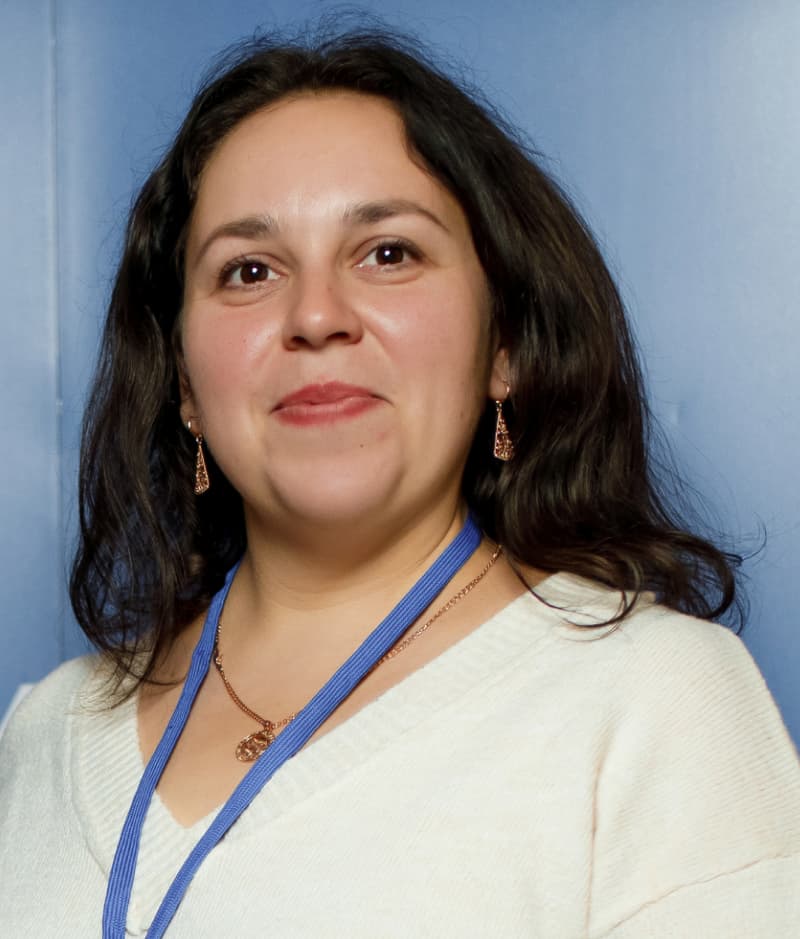
These trainings provide us with knowledge on how to manage risks that may arise in the community, including technological and natural risks (landslides, floods, storms), which also pose a threat to the life and health of the population. It is therefore crucial to learn how to anticipate potential risks, manage them, understand their possible extent and minimise their consequences,
she said.
The administration is also interested in first aid training as it allows participants to refresh and practice their skills. For some, these sessions were their first experience of first aid. Practical exercises help to consolidate the knowledge gained.
"We have also conducted many other training sessions that are very useful, necessary and interesting. I believe that the knowledge we've gained can be put to practical use in the community's recovery processes. This includes improving the civil protection system, equipping protective structures, developing civil protection plans and other plans for community life," Neliubova added.
Cartographic work included the development of emergency evacuation routes and detailed planning of safe passageways to shelters. During the training, participants also identified locations for shelters that meet modern safety standards and designated zones for rapid response services, including State Emergency Service units, local rescue teams and the national police in both urban and rural areas. Another key issue was water supply, which is critical to community life during emergencies. Efforts were made to update and improve the water supply at all levels.
"Yes, this is tedious work that requires effort and support from people who care, but it is essential for the community. That is why we are grateful to the Fund and this training programme for being part of the community's life at such a difficult time," said Maryna Neliubova.
Community representatives noted that their main challenges included proximity to the border and ongoing shelling. They identified a number of key needs:
- Improving preparedness for emergencies such as shelling, fires and evacuations;
- Supporting the population by ensuring access to basic services and goods;
- Building community resilience to crises.
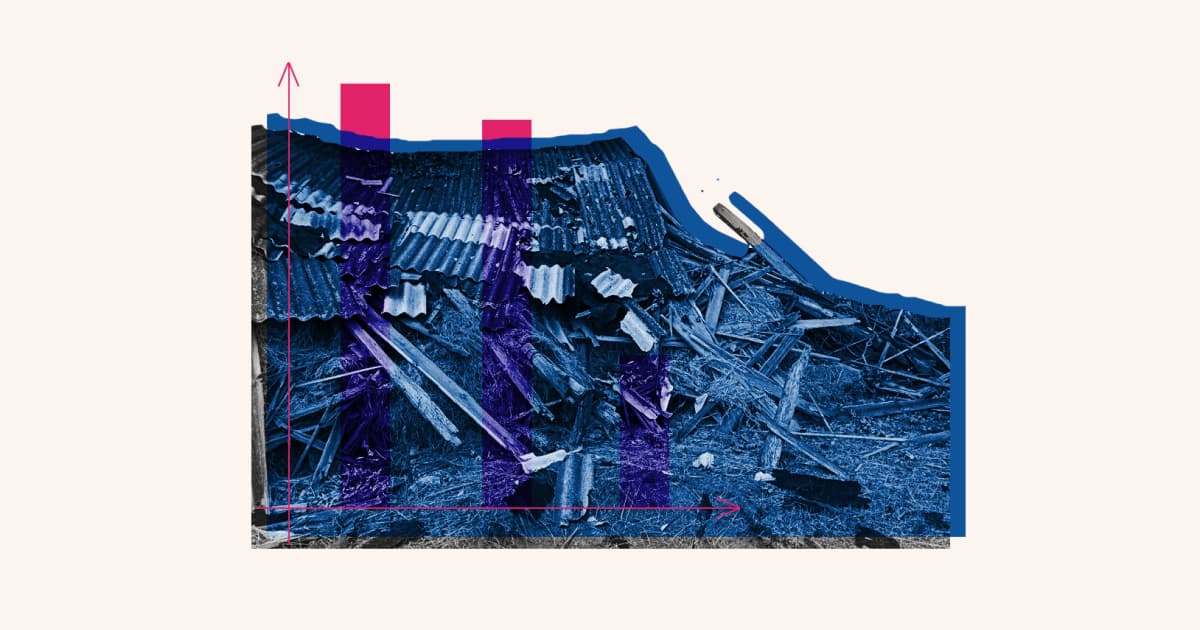
Liudmyla Samus, Chief Specialist of the Investment and Municipal Property Department of the Novhorod-Siverskyi community, shared her impressions of the training.
"The training was structured to provide not only a theoretical foundation but also practical skills. I expanded my understanding of the 'build back better' principle and learned how to assess emergency risks. We also practised first aid, which increased our ability to respond effectively to emergencies. The training has left only positive impressions," she said.
Previously, limited knowledge and skills have been greatly enhanced by new methods and approaches. Now the community can respond more effectively to emergencies, especially in times of war," says Liudmyla Samus.
"This will allow us to better prepare for and effectively prevent potential emergencies. Developing a contingency plan and coordinating efforts with services to solve problems quickly will improve life in the community," Samus explained.
This progress not only improves recovery strategies but also creates new opportunities for the future resilience of the community, fully in line with the principle of "build back better".
Not only government officials but also businesses and residents participated in the training
Education is essential not only for the government but also for community residents and businesses. Everyone needs the knowledge to respond effectively to change and to support community development. Training helps authorities make necessary decisions, residents adapt to the challenging conditions of war recovery, and businesses contribute to the economic recovery of the war-affected community.
The business community's training requests focused on stabilising the security situation in order to ensure comfortable operations. This included creating jobs, paying taxes and developing the community according to economic needs, said Kateryna Temniuk, director of the private joint-stock company "Siverske".
"I found the training sessions involving local authorities and the State Emergency Service very valuable. We studied emergency risks and their prevention and elimination. It wasn't just theoretical training by trainers but a practical discussion where participants could ask questions of SES representatives, learn about the situation in their region and discuss how to ensure stability for businesses. This approach helped us understand how to ensure security and stability for the community and business development," Kateryna Temniuk tells us about her experience of training community representatives as part of the 'Build Back Better' project.
The training in applying tourniquets, improving knowledge of tourniquet application, and scenarios for using these skills in real-life situations made a strong impression on the participants. A community still located in the zone of military action must be prepared for the risks posed by continued Russian aggression.
Kateryna Temniuk noted the training sessions where the trainers talked about the experiences of other Ukrainian communities. "We talked about temporarily occupied communities in the Donetsk and Luhansk regions. This gave us an understanding of 'how it could have been for us." The legal framework for reconstruction and stories of reconstruction after other wars provided insights into how to approach reconstruction and what to avoid. It is important to learn from the mistakes and successes of others.
The project also included presentations on psychological support and professional burnout. This information is useful in dealing with emotional and psychological difficulties under stressful conditions.
"Personally, I really liked the training sessions. They focused on providing information about emergencies and war and how to better adapt to and overcome these challenges. We received valuable advice that will help people effectively deal with crisis situations," said Kateryna Temniuk.
Training for seamless recovery and progress
Training for authorities should aim to improve the interaction between the administration and the population. By learning about modern communication approaches, government officials become more open to citizen initiatives and more responsive to the population's needs. This helps to prioritise recovery efforts, says Maryna Turenok, civil protection advisor at the Right to Protection Fund.
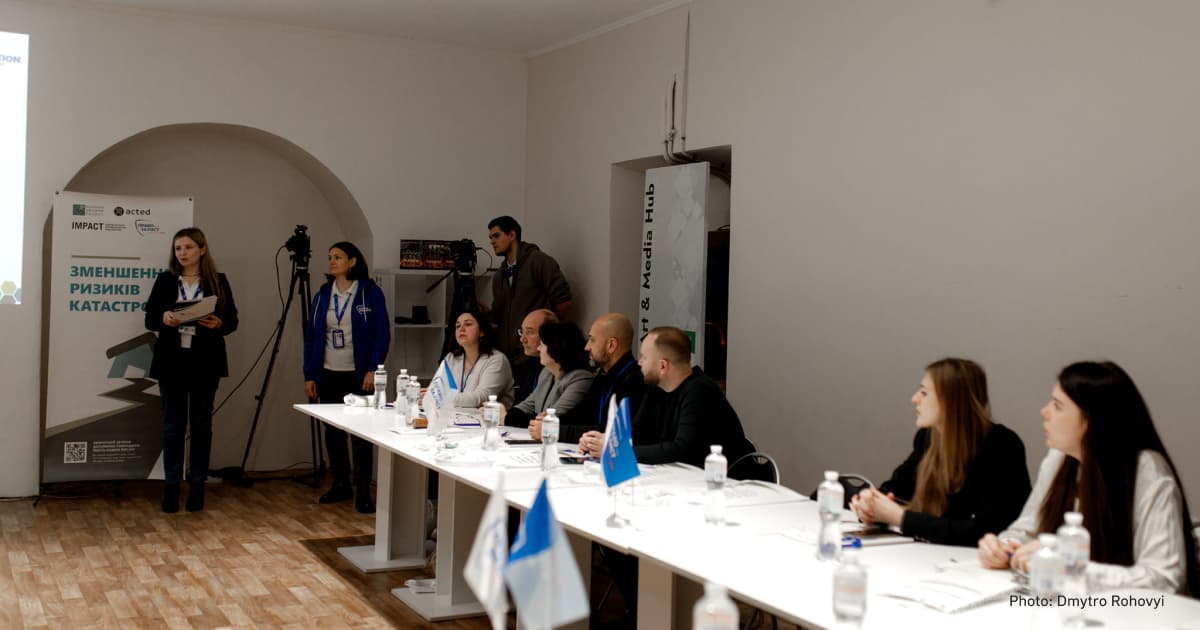
"As a Fund, we have used tools that train government officials to actively listen to residents, organise meetings and discussions to understand the real needs of community members and focus on involving citizens in decision-making processes to better prioritise reconstruction efforts. In particular, we conducted community surveys, the results of which are now being actively used by the local government to develop plans and activities for further recovery and development," she explains.
The training provided the community with knowledge of international experience in emergency response and risk management, which can then be used to develop effective action plans in crisis situations. This helps to improve the safety and stability of residents.
"Thanks to the information gained during the training sessions, community members are more actively involved, informed and able to implement inclusive solutions that meet modern needs and international standards. This positively impacts the overall quality of life, improves the provision of safety services and enhances the well-being of residents," says Maryna Turenok.
The knowledge gained is of great importance for the Novhorod-Siverskyi Community's Population and Territorial Safety Programme and its sustainable post-emergency recovery for 2025-2027. This programme was developed jointly by the Fund and the community. The aim of the programme is to ensure adequate safety for the population and the community's territory. It will facilitate effective prevention and response to emergencies of both man-made and natural origin and create conditions for the development of local fire and rescue units.
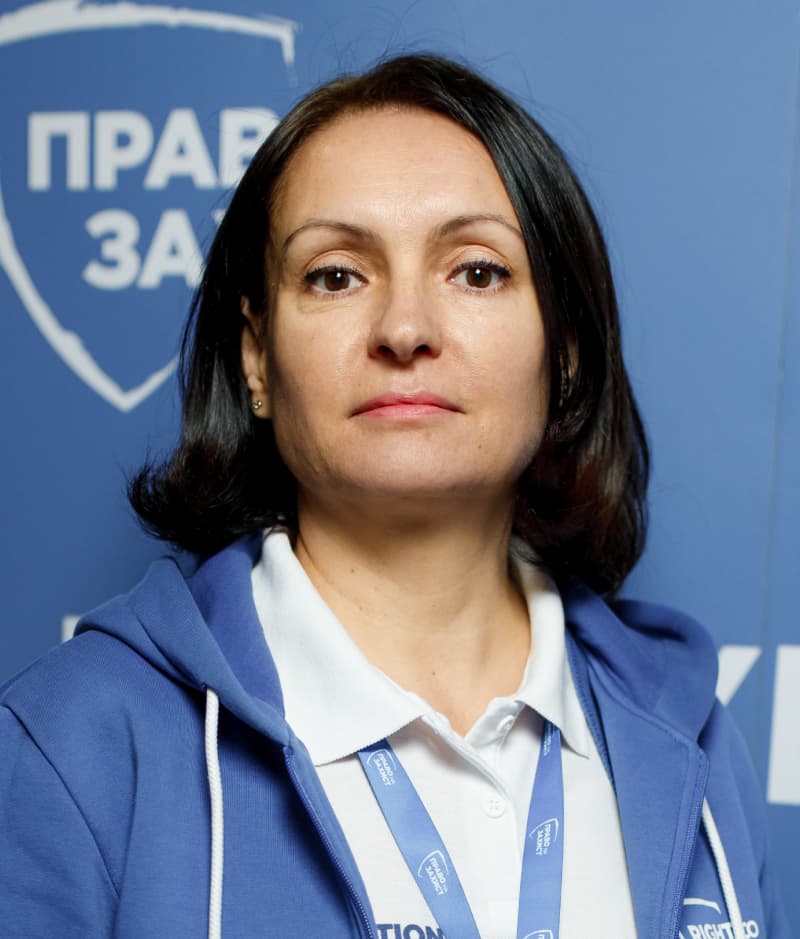
The implementation of the programme's activities will lead to an improvement in the quality of life in the community. Residents will have access to new resources and opportunities that will promote the development of local infrastructure, education, social services and, most importantly, a safe environment. This will stimulate economic activity and social cohesion,
says Maryna Turenok, describing the potential changes in the Novhorod-Siverskyi community after the implementation of the regeneration programme.
Training local authorities is important because they often lack knowledge of sustainable development principles, project management and how to attract additional funding, particularly from international sources, explains Maryna Turenok.
"We provided information on international requirements and standards for recovery, including recommendations for conducting needs assessments and planning for recovery under international conventions. During the training, participants learned about various risk identification methods, including SWOT analysis, scenario analysis and risk mapping. This enabled them to systematically approach the identification of hazards, partially fill existing knowledge gaps and provide the administration with the necessary tools to successfully manage community recovery," the expert explains.
The training sessions organised by the Fund are interactive and based on practical experience. Trainers use analytical research, case studies, and group discussions to deepen their understanding of the topic. Sessions cover various risk management strategies and provide practical recommendations for implementation at the community level. The aim is to equip participants with theoretical concepts and practical skills for developing and implementing management strategies.
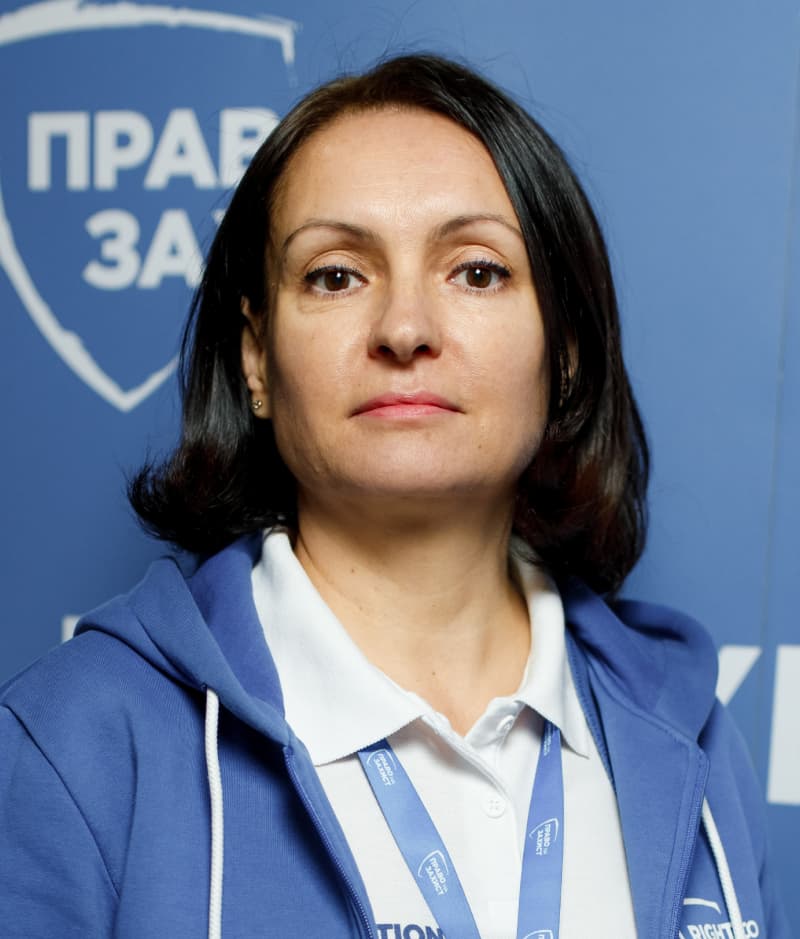
During the training sessions, we also developed practical materials to understand how to implement rehabilitation projects and attract additional resources. During the training, we focused on aspects such as strategic planning, risk management, communication strategies and international project funding. It is important for local authorities to understand how to interact effectively with the community and how to plan and implement projects that meet the needs of residents,
says Maryna Turenok.
Not only did the local authorities learn during the training sessions, but the organisers also adopted new approaches to working with occupied communities. This included understanding local contexts, studying new legislation and learning about successful practices from other regions. These insights and skills proved useful for future projects, helping to adapt strategies to the specific needs of war-affected communities.
"We also collected important data on the population's needs, which will help us adapt our programmes to improve their effectiveness in the future. Our experience allows us to be more flexible and responsive to changing community needs. We want to focus on this in future projects," says Maryna Turenok.
It is crucial for municipalities not only to rely on internal resources but also to actively seek partnerships. Working with experts makes it possible to implement modern recovery approaches and attract the necessary material and informational support.
Training thus becomes a key element of recovery. War-affected communities gain practical knowledge and tools to address challenges and ensure sustainable development. This approach provides an immediate response to risks and builds a solid foundation for the future.


